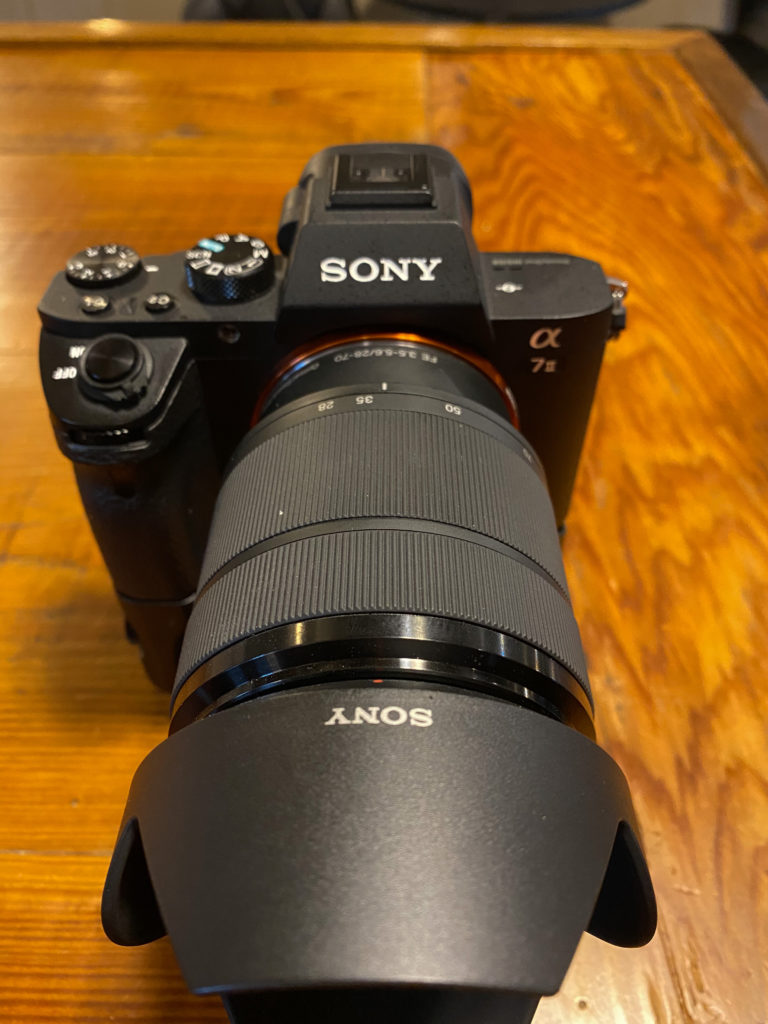
Most folks have a keen interest in photography when they see photos or see photos being taken. But have you ever wondered how to get into the photography world? It’s easy! Pick up your camera and start shooting. Now, I’m not saying you’re going to be taking banner worthy pictures right off the bat, but if you’ve got the right eye for the perfect photo, and a true passion for photography, you’ll be doing great things in no time. Don’t procrastinate it if you’re truly interested, pick up a camera, and start slamming that shutter.
I suppose I should take a couple of steps back. Obviously starting out isn’t as easy as I tried to make it sound. It’s definitely not for everyone, but everyone should definitely try it. You’ll know within the first few trial runs if it is for you or not. Between how much you enjoy it, how much other people enjoy your photos and if you can’t get enough of it. If you lose interest within the first couple of weeks, it probably isn’t a hobby for you.
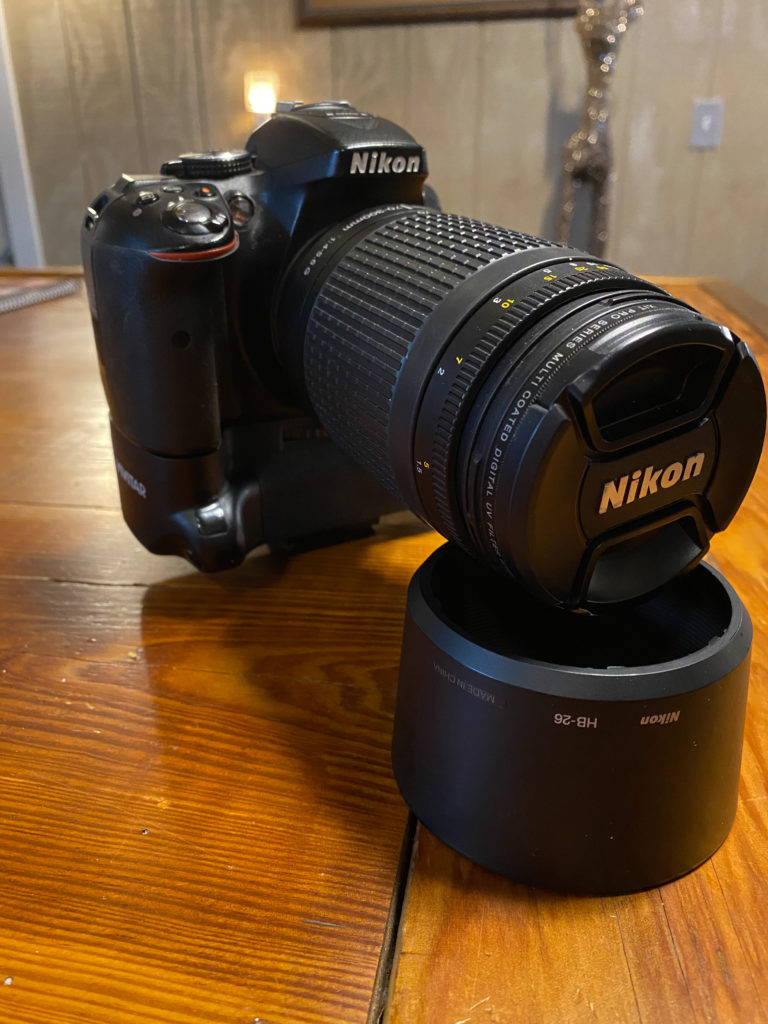
Becoming a great photographer isn’t based on the gear you have, the people you know, or the number of followers you have. Becoming a great photographer is based on your passion for the challenge, your drive to want to take a better picture with every single shutter click, having the eye for the shot you’re taking (moment of light, leading lines, framing, etc,) and continuing to learn Every. Single. Day. You will never know enough about photography and your gear.
The more you learn, the more you apply what you learn, and the more you expand your horizons into photography, the better you will become and at a much faster rate.
Now, that being said, one of the most important things about getting into photography is you as a person. You’ve got to stay humble about it, and just be yourself. Your personality and your passion for photography will take you further in the cinematography world than producing great images ever will. You’ve got to be personable and able to work with other people. Your clients are what will drive you further and further into becoming a better photographer.
At the end of the day, to get into photography, you’ve got to pick up a camera and start shooting. You’ll never get into it if you don’t start now. The more you say “maybe next year,” the less likely you are to pick up a camera and get started. As you start taking the pictures and seeing different things you can do and hear others’ feedback, the better off you will be, and the better a photographer you will become.
Choosing the Right Camera
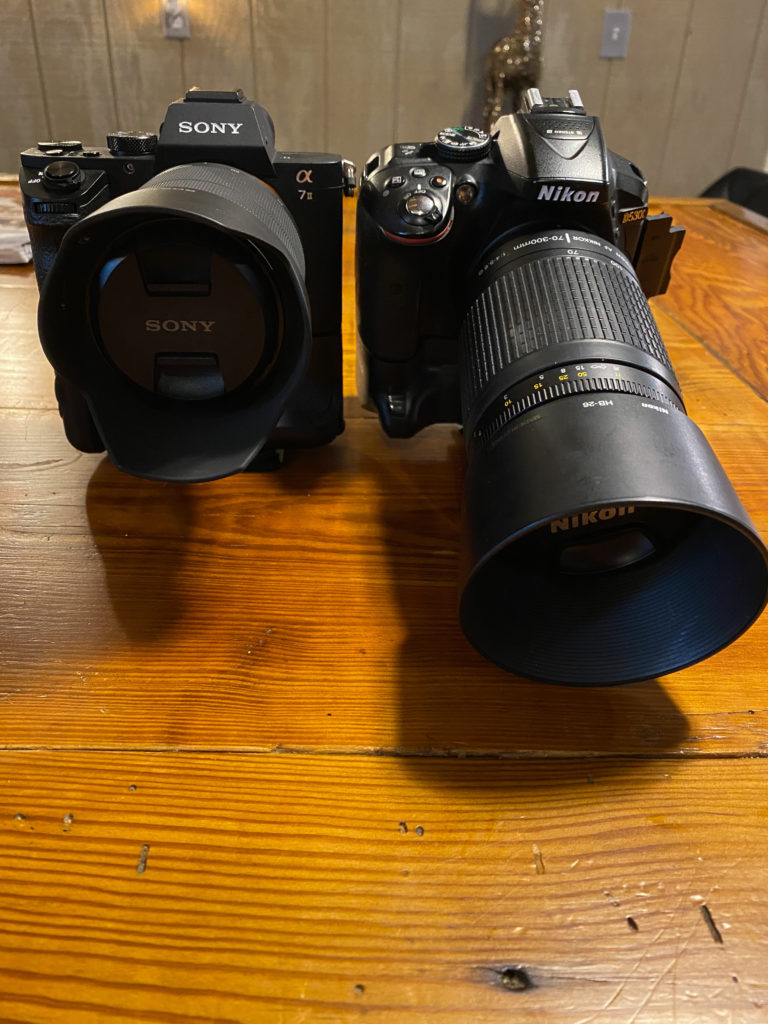
When it comes to choosing a camera, the majority of people will go to their local Best Buy and just purchase whatever the salesman recommends. Is that the correct way to buy a camera? If you are planning to serious about photography, no, that is not a good option for buying a camera. If you are just looking for a camera to take pictures of the kids on Christmas, it is still worth your while to do some research before you buy. It could make a world of difference, and potentially get you hooked on photography! So, are you choosing the right camera?
There are many different styles of cameras from multiple manufacturers, and all are unique in their own way. Choosing the right camera varies heavily between how you plan to and how often you use it. If a camera is your livelihood, you are going to want to spend the extra bucks to get a high-quality camera with high-quality lens options. If it is a camera just to be used three or four times a year, you can go with a cheaper option and put the kit lenses to good use. When the opportunity presents itself to possibly print and sell your photos, you are going to want to have the higher-end camera and now you will be bringing megapixels into the mix.
For those looking to just use a camera three or four times a year, here is the direction I would look. Nikon, Canon, Sony, and most other manufacturers offer different kit options when buying a new camera. These kits come with the camera body and usually one or two different lens options. The lenses range from your wide angle to a zoom or telephoto. That gives you the best of both worlds. You will be able to take close range shots for family events, Christmas, birthdays etc.… With the zoom or telephoto lens, you will mostly prioritize for sporting events, or wildlife photography. These kit options will be your go-to for a limited use camera. If you plan to get more serious about it, or want to start printing your photos, the rest of this blog will hopefully help you know which camera you need.
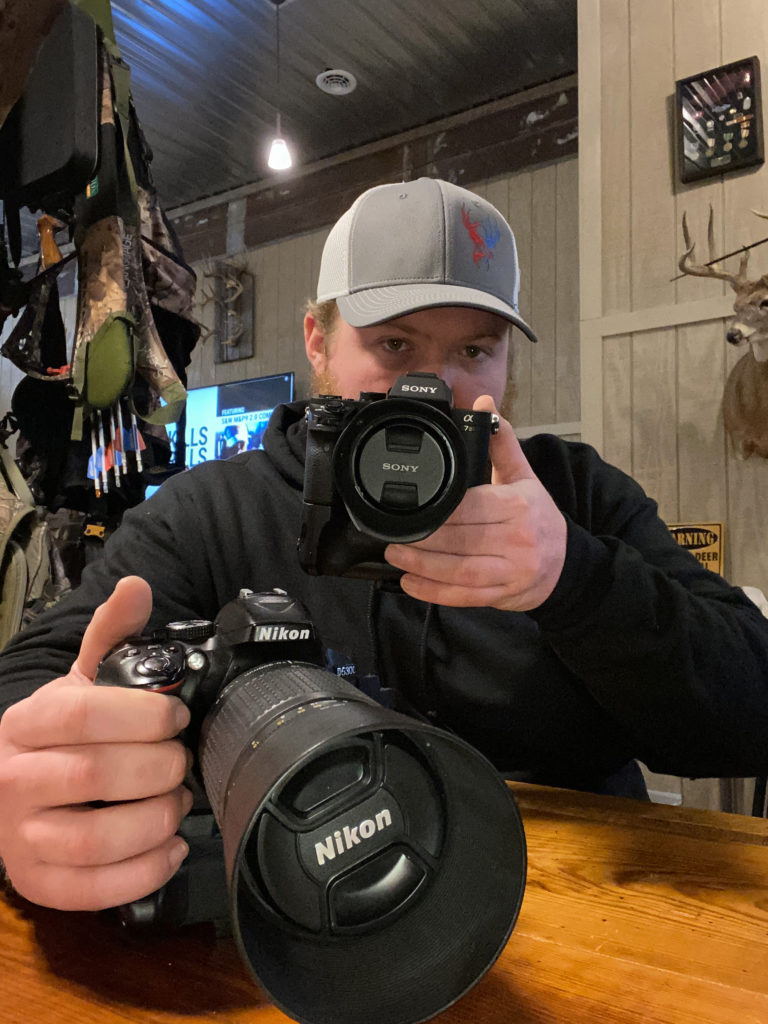
Now, getting into you guys and gals out there that are on the more serious side of needing a camera, we are going to get pretty in depth here. There are certain cameras that are designed more specifically for photography, such as the Canon R5, the Sony A7Riii, the Nikon Z series, and many of the Canon Rebel series cameras. This group of cameras is designed specific for photography and are not recommended for the video side of being a cameraman, that is where the DSLR’s will come in. Choosing which of these cameras you want to use moves to the next step of which one you like best, between the feel in your hands, the comfort, the weight, and the ease of functionality. You will also want to look at the megapixels of the camera as well as the sensors.
If you plan to print your photos, you are going to want to get a higher MP camera. The higher the megapixels, the better your picture will look blown up and printed. This will give you a better resolution photo as well. Along with your MPs, you will have the option of what sensor you want as well. Some cameras are full frame, mirrorless, crop sensors, CCD, and CMOS. Your sensors become important when you start cropping your photos. Your full frame and mirrorless will give you your best quality image straight from the camera. Crop sensor cameras are the better sensor for if you plan to do a lot of long-range shots, such as shots using a 100-500 lens or a 150-600 lens. The crop sensor will essentially pull that focal length from 600mm to potentially up to 800-900mm. For much of your wide angle or portrait shots, stick to the full frame – mirrorless sensors.
During your photography journey, you may want to venture into videography as well. That leads you into needing a DSLR. This allows you to take high quality images, as well as take top quality video clips. Cameras such as the Canon R6, Sony A7Siii, Nikon Z70, and so on would be the newest of the new when it comes to DSLR options. They are the latest and greatest and offer the highest quality imaging for both video and photo options. There are older styles of each of these cameras that will work as well, but if it fits your budget, I would highly recommend to invest in the newest cameras on the market. Recording in 4K, 1080P and a low light quality that is unmatched. You cannot go wrong with investing into the newest of new.
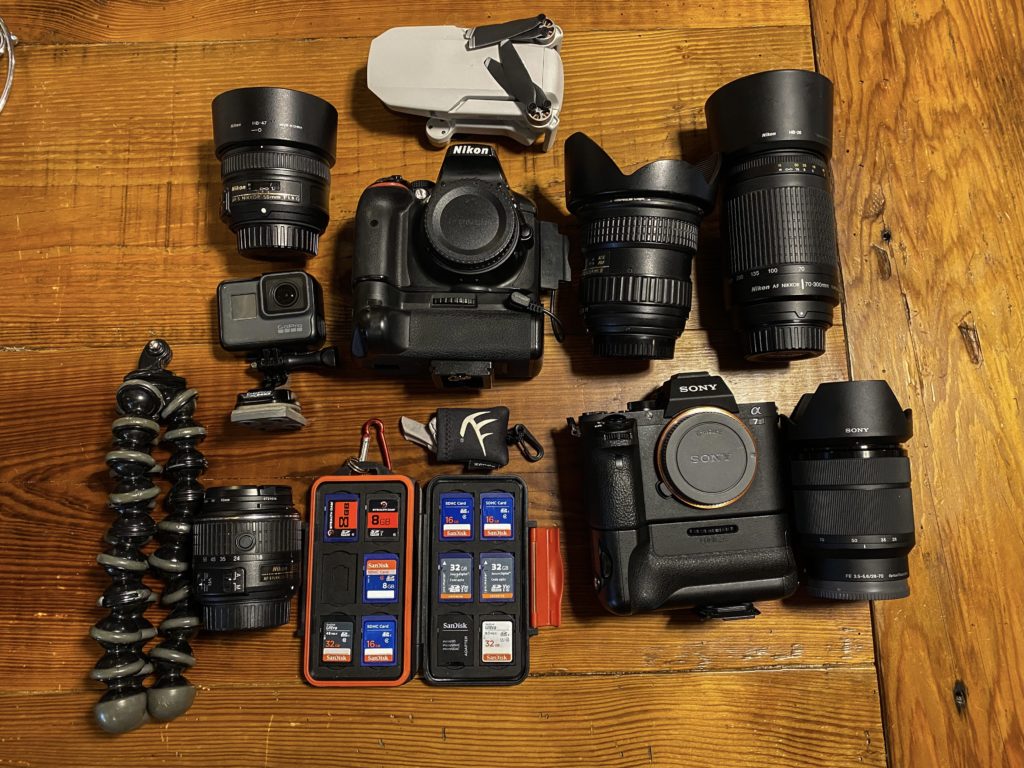
To begin to close this out, dipping into lenses for a brief minute, they can make or break your photography journey. Kit lenses as I mentioned above are okay for those that will be using them three to four times a year. For those that the camera will never leave your hands, you are going to want to go the extra mile to invest in the high-quality lenses. Each camera manufacturer has their own line of lenses, but there are also third-party options as well, such as Sigma and Tamron. Both third-party options will save you money and give you just as high quality of an image as the camera manufacturers lenses.
If you are looking to buy a new camera, I highly recommend you do your research before you purchase. If you still are not sure, please reach out to me or any other photographer you know of. Ask as many questions as possible and make sure you invest in the right camera for your needs.
Cody Younciak
Photographer
Videographer
Producer
Fields to Mountains Media
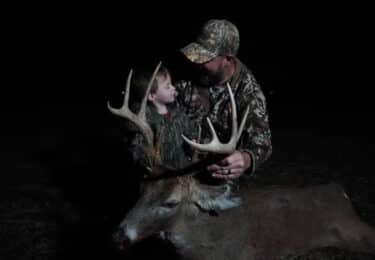
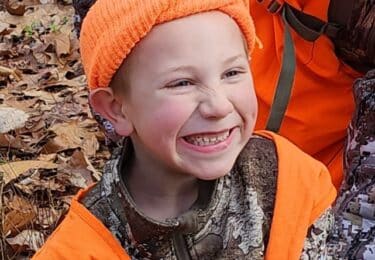
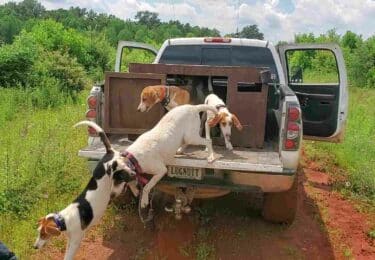
I just was able to a field staff member this may get me ejected ASAP but I think slightly differently use your phone, use an old go pro use whatever you have and get started, your first videos aren’t going to be hard to watch because your video equipment is terrible it’s going to be terrible because you don’t know how to take shots that are editable or because you got nervous and forgot to turn it on, or because you shot before the camera was on it! Don’t worry about your equipment get out and try and you will learn in the first couple hunts if you like it or not!